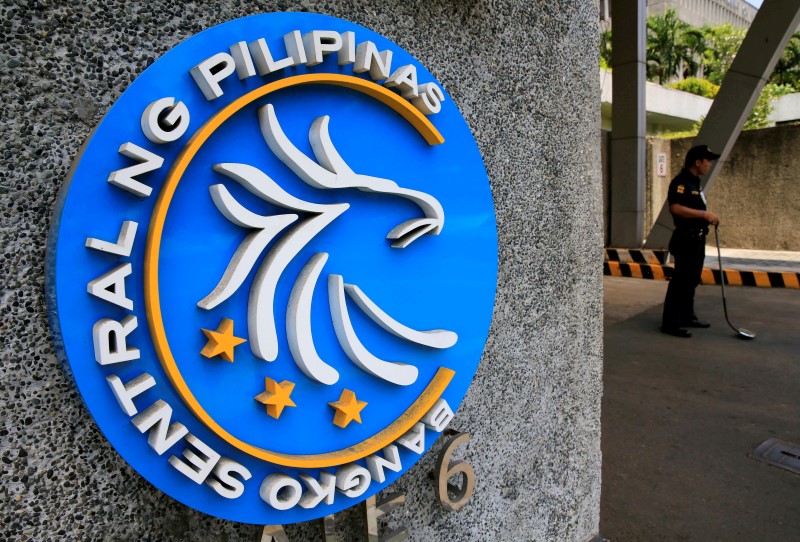By Karen Lema and Neil Jerome Morales
MANILA, Oct 27 (Reuters) - The Philippine central bank does
not see an immediate need to ease monetary policy further given
the slew of indicators that point towards economic recovery from
the contraction caused by the coronavirus pandemic, its governor
said on Tuesday.
Bangko Sentral ng Pilipinas (BSP) Governor Benjamin Diokno
told Reuters the economy, which fell into recession for the
first time in 29 years in the second quarter, will "bounce back"
next year, with "real growth" to start in 2022.
While inflation affords the central bank room to ease
monetary policy, Diokno said in an interview the BSP "right now
is not inclined to do that".
Diokno said his optimism comes from a series of positive
economic indicators like easing unemployment, growth in
remittances and improving conditions in the manufacturing
sector.
"These are signs that economy is growing or recovering, but
it will continue to grow more strong in the next few quarters,"
Diokno said.
The Philippine central bank has been among Asia's most
aggressive in easing policy, cutting its benchmark rate
PHCBIR=ECI by a total of 175 basis points so far this year, to
reduce the economic fallout from the pandemic.
It also slashed lenders' reserve requirement ratios, and
pumped over a trillion pesos worth of liquidity into the
financial system. It next meets on Nov. 19, its second to last
meeting this year.
"Inflation is the least of our worries," Diokno said.
He said inflation will likely average between 1.75%-2.75%
this year, well inside the central bank's 2%-4% target.
Due to the impact of the coronavirus pandemic the
Philippines, for years among the world's fastest-growing
economies, is forecast to see a 6.9% economic contraction this
year, the World Bank has said, the biggest since the 1980s and
worse than the government's projected 6.6%-4.5% decline.
